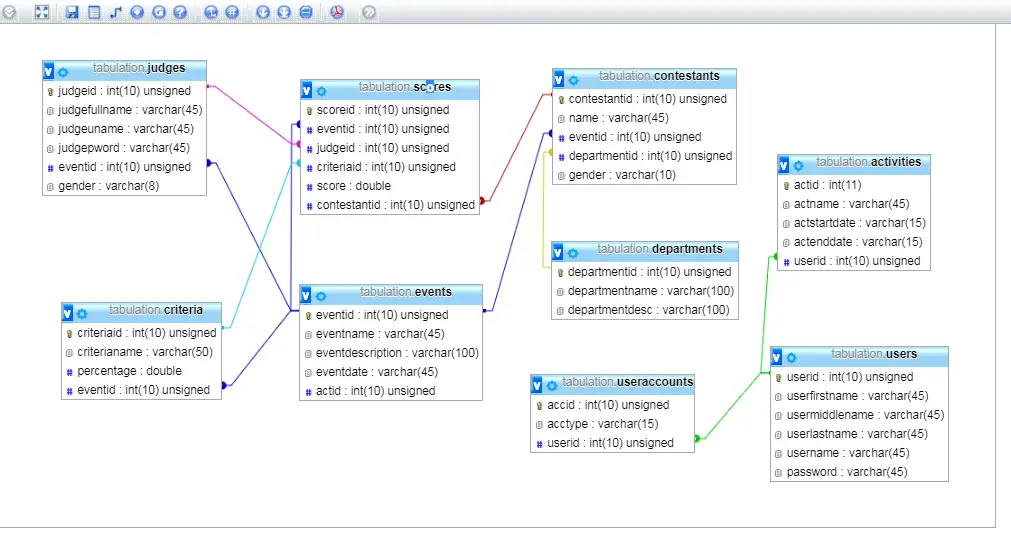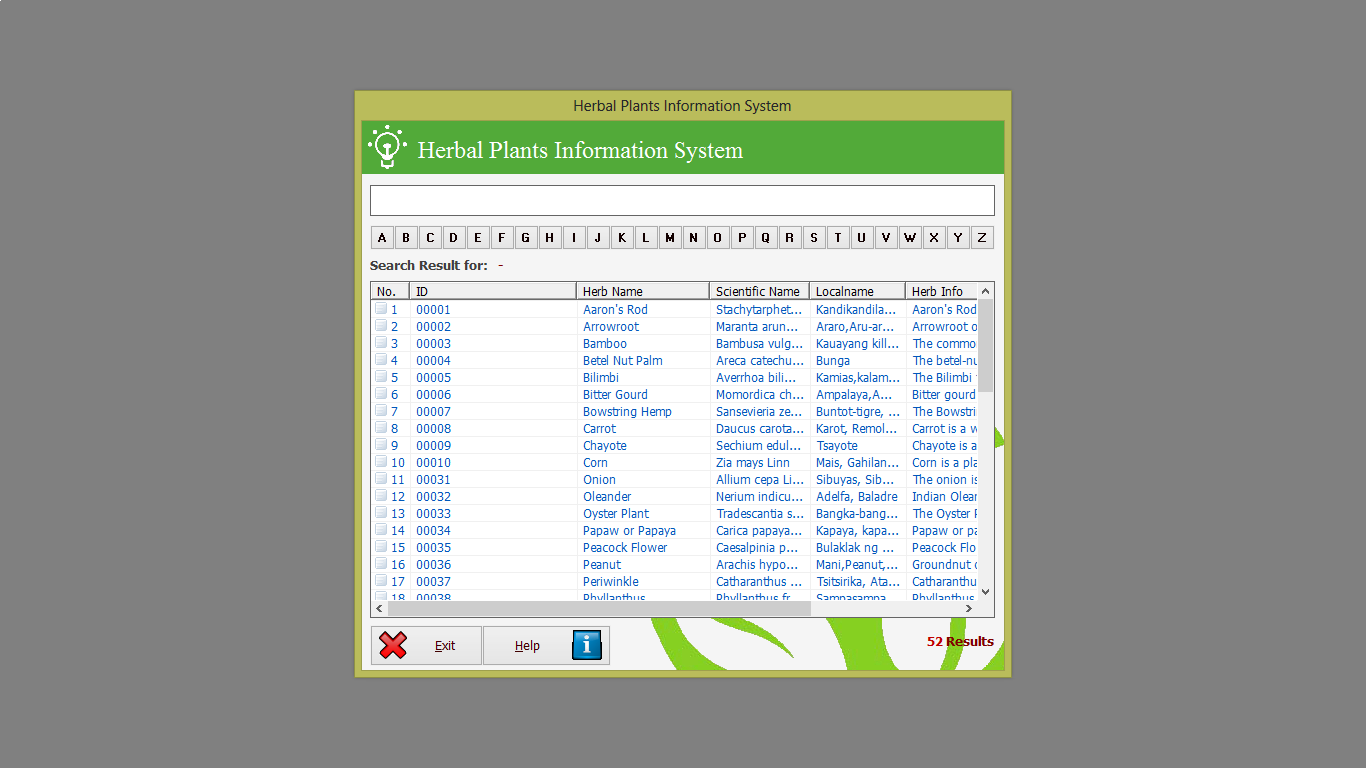Title: Dynamic Event Tabulation System Database Design
SIGNIFICANCE OF THE STUDY
The development of events tabulation system was hoped to enhance productivity output on performance in providing quality services and information.
Contestants. The study will give them accurate and complete scores of tabulation.
Emcee. The study will give the emcee the venue to view the result of the events in different categories.
Future researcher. This will serve as basis if they will conduct a study about event tabulation system.
Judges. This system aims to give accurate and effective system in tabulating the scores in different categories. With the use of the new system it is beneficial for them in terms of: they don’t need to manually calculate the scores in each category, less time to be spending in calculating score and paper less material requisition. The outcome will lead into more efficient and better services to the school.
Player. The study will give them a clear result of tabulation event.
Researchers. This study will give the researcher an outlet to further develop their programming skills. This study will also improve the research and thesis writing skills of the researcher.
Teams. The study will give them a clear result of tabulation in every category.
Database Schema with description of table:
activiites (actid, actname, actstartdate, acenddate, userid) – this table will store information on the different activities, it includes the activity name, the date it started and the date the activity will end.
contestants (contestantid, name, eventid, departmentid, gender) – the table contestants will hold records of contestants with their department and the event he/she will be joining.
criteria (criteriaid, criterianame, percentage, eventid) – criteria table will hold information on the different criteria or scoring system for the different events.
departments (departmentid, departmentname, departmentdesc) – the table will store the different participating departments.
events (eventid, eventname, eventdescription, eventdate, actid) – the events table will store the name events to be conducted. This table is connected to the activities table and this is the table that stores the specific name of the events.
judges (judgeid, judgefullname, judgeuname, judgepassword, eventid, gender) – the table will store information of the judges that includes the name, username and password to access the system and as well as the events he/she is assigned to.
scores (scoreid, eventid, judgeid, criteriaid, score, contestandid) – the scores table will store the scores of the judges from different events.
ERD/TableRelationship:

Development Tools:
PHP, MySQL and Bootstrap for Web version and JQuery Mobile, Apache Cordova for Mobile App
Please post your comments, suggestions and questions below or you can message us at our facebook page


